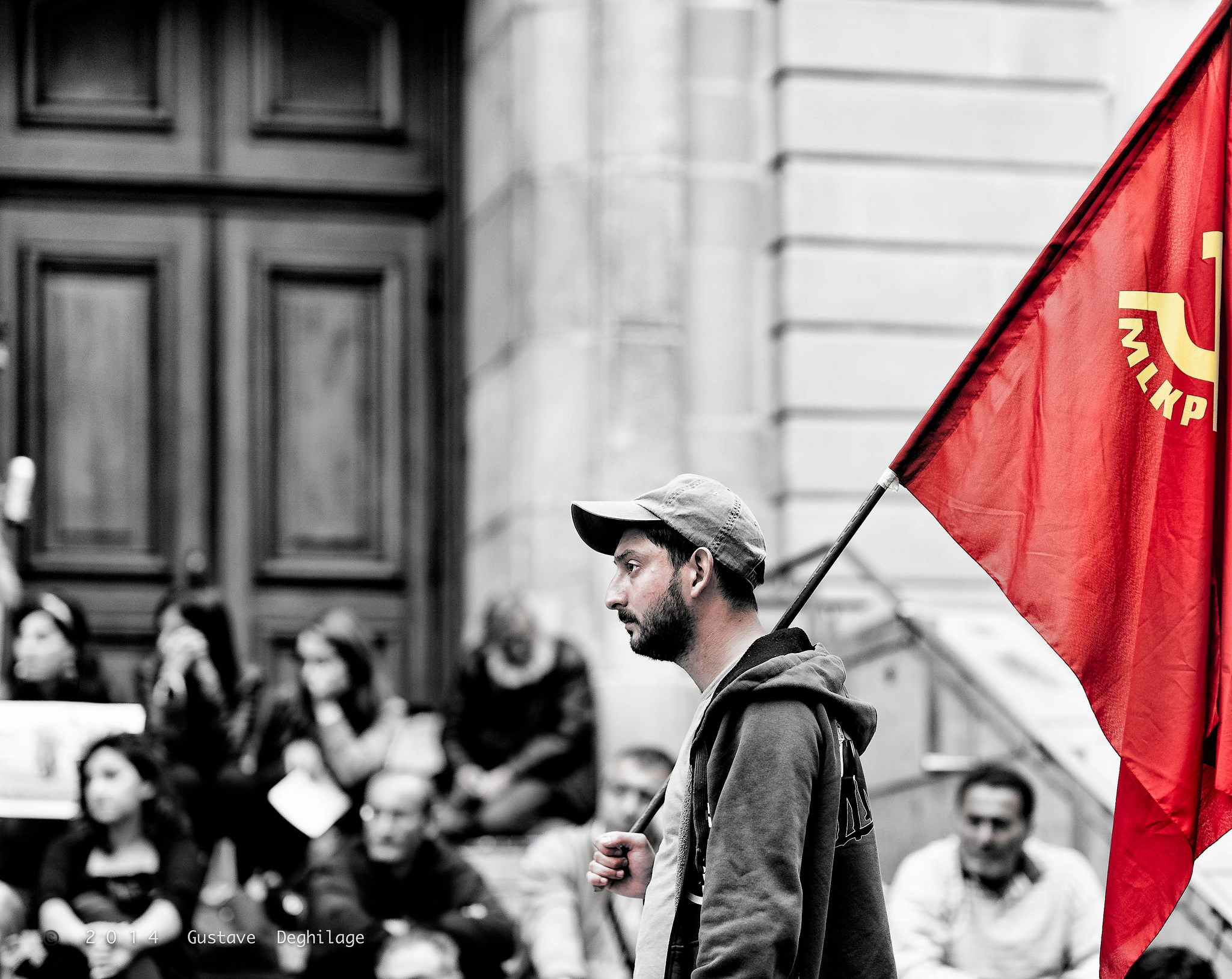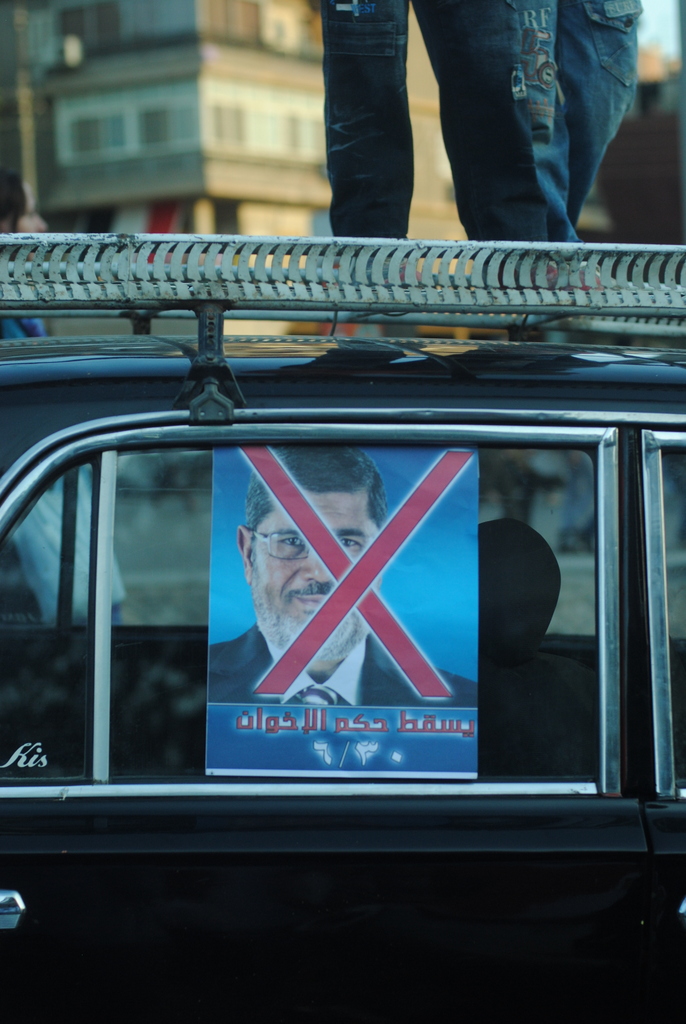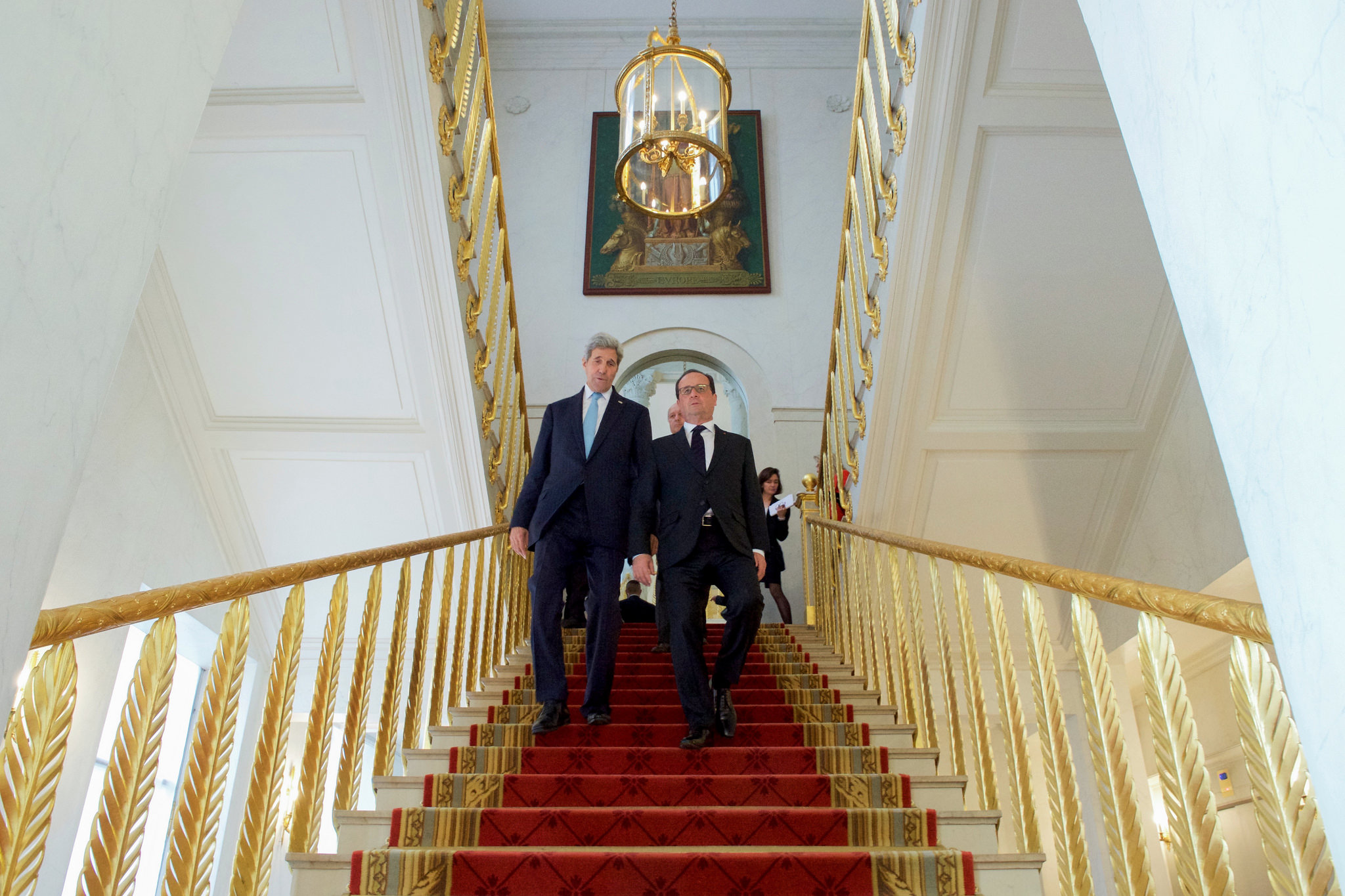By Maria J. Stephan for Denver Dialogues

Amidst bloody civil war, armed insurgency, and extremist violence – think Syria and Iraq, Nigeria, and southeastern Ukraine – what can unarmed civilians do to remain resilient and fight back? While much of my research with Erica Chenoweth has focused on the power and efficacy of civil resistance when confronting regimes and foreign occupiers willing and able to use violence, policymakers are increasingly faced with messy conflicts involving a whole host of unconventional armed actors. The “pillars of support” for these groups are not always evident, nor is it obvious how collective nonviolent action can exert leverage over these actors. Policymakers, repulsed by the extremist ideologies and brutal tactics used by groups like ISIS and Boko Haram, are inclined to seek to destroy them using military means.
While understandable, the reality is that you cannot bomb your way to victory, particularly against violent extremists that recruit, in part, based on their claim to be fighting tyranny and oppression. The drivers of conflict will persist after the last bomb has fallen. The link between protracted violent conflict and bad governance, particularly acute corruption, should be blatantly obvious by now. ISIS did not sweep through Mosul without the active help of tribes and ordinary Sunnis who wanted to stick it to Maliki. Afghans fed up with constantly paying bribes to corrupt warlords have been loath to take action against Taliban in their areas. Corruption is so rife in the Nigerian military that ordinary soldiers are often forced to fight without bullets.
Fortunately, we know there are ways local populations can challenge corruption and institutionalized repression effectively, even in the midst of violent conflict, using active nonviolent means. At a recent meeting with State Department officials focused on countering violent extremism, the officials were particularly interested in “non-military options.” I highlighted examples in Iraq and Syria where organized resistance by local populations, often with the backing of respected tribal or religious figures, helped drive ISIS away – at least temporarily. I mentioned the stellar work of Oliver Kaplan, who has chronicled how self-organization and the creation of local councils and other governance structures has helped immunize communities from the worst excesses of violence in places like Colombia and Syria. Then there is Shaazka Beyerle’s excellent new book on civic campaigns against corruption, including in the midst of non-state violence, which describes how local communities have used some combination of political satire, organized non-cooperation, symbolic protests and active-coalition building to impose social, political, and economic costs on corrupt power-holders.
The main point here is that non-state armed actors do rely, to a degree, on the cooperation – passive and active – of local populations to exert effective control. Mass slaughter is the exception – not the norm. If populations can restrict or withhold the skills, labor, and other resources that local armed actors need to wield power, particularly using tactics that don’t make them easy targets of repression, they can at least impede the activities of unwanted violent actors.
What does this mean for policymakers? There should be much greater investment in the development and implementation of “non-military options”, to include targeted resources and technology-enabled capacity-building support to local communities. The PeaceTech Lab, a new entity affiliated with the U.S. Institute of Peace, is involved in such efforts. The goal would be to help local communities analyze armed groups’ sources of power in their area, plan strategies, amplify the voices of nonviolent resistance (without putting activists at undue risk), and support self-organization to counter the violent actors. Sensible investments should target alternative media in these conflict zones, women’s leadership, and artistic efforts to de-legitimize violent activity and encourage nonviolent mobilization. There is no silver bullet in any of this, of course. But helping local communities stay strong and mobilize in the midst of violence may be one of the best short and long-term ways to advance security and development.
Stephan is co-editor of Is Authoritarianism Staging a Comeback? (Forthcoming; Atlantic Council, 2015).






